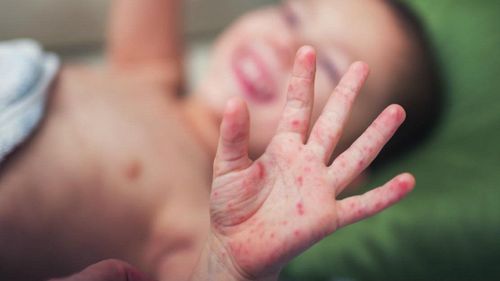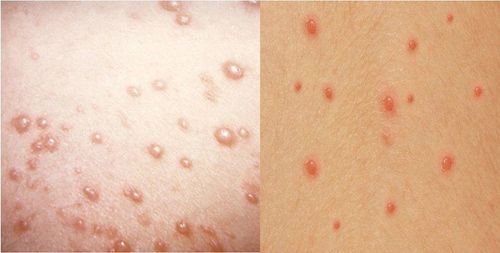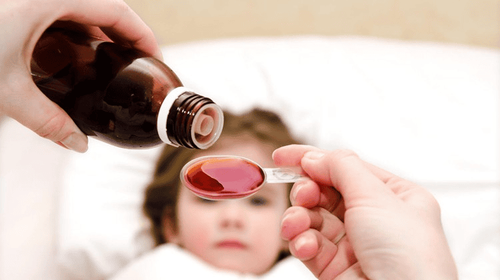Nội dung bạn đang tìm kiếm không có phiên bản tiếng Việt.
Vui lòng chọn tiếp tục để xem nội dung tiếng Anh hoặc đi đến trang chủ Tiếng Việt.
Rất xin lỗi về sự bất tiện này.
Pediatrics


What can happen during and after phototherapy for jaundice in newborn?
Phototherapy is considered one of the most effective, easy-to-implement, and economical methods for treating neonatal jaundice. However, the effectiveness of this treatment method largely depends on the intensity and wavelength of light emitted by the lamp, the distance from the lamp to the newborn, and how to choose a suitable phototherapy device.
View more

Deworming in Children: What Parents Need to Know
Intestinal worms are parasites that live inside human bodies and can severely affect children's development, including health, nutrition, cognitive growth, and academic performance. Therefore, parents should pay attention to not only preventing worms as recommended by the Ministry of Health but also ensuring regular deworming for children.
View more
Latest articles

Side Sleeping for Newborns: Pros and Cons
Sleep plays a very important role in the health and development of children. Letting newborns sleep on their side is currently the choice of many parents. Is this a good sleeping position for newborns? The following article will analyze the pros and cons of this sleeping position.
View more

The development of the 14-week-old infant
How can mothers best care for their infants to ensure they have the "energy" for physical activities? Have you found your own "formula" for taking care of your beloved baby yet? This article will provide milestones to help parents better understand their child's development.
View more

The development of a 16-week-old baby after birth
A 16-week-old baby can practice rolling over. When placed on their stomach, the baby begins to lift their neck and shoulders with the support of their arms, which helps them roll over and back. This exercise supports the development of the baby’s muscles and helps them discover more of their abilities. The baby will practice performing this movement independently, though it is quite a risky activity.
View more

Why does a newborn have a red spot in the white of the eye?
The newborn’s eyes with red spots or blood clots may have subconjunctival hemorrhages (Ruptured small blood vessels in the eye). These occur due to the rupture of small blood vessels after mechanical trauma during the birth process or sometimes following episodes of excessive crying, coughing, or vomiting. However, some cases occur without any clear reasons. Subconjunctival hemorrhage lesions typically resolve on their own within 1 – 3 weeks without any treatment and usually do not affect the baby’s vision. Therefore, partners should not be overly worried when detecting red spots or blood clots in their baby’s eyes.
View more

The development of premature babies at 33 - 36 weeks
Babies born at 33–36 weeks are considered premature. However, The outlook for babies born at this stage is highly positive, and with proper care, they can grow up healthy.
View more

Images of Hand, Foot, and Mouth Disease by Stage
In Vietnam, according to reports, the number of children diagnosed with Hand, Foot, and Mouth Disease has increased 5 to 6 times compared to the same period last year. This is an infectious disease with a rapid spread rate, easily becoming an epidemic. If not detected early and treated promptly, the disease will pose a danger to the patient's health
View more

Distinguishing between chickenpox and hand, foot and mouth disease in children
Chickenpox is an acute infectious disease that can break out into an epidemic. This disease occurs in both adults and children, but children are the main ones and it is highly contagious. In hospitals, the number of chickenpox cases shows signs of increasing with many cases of dangerous complications.
In clinical practice, children with chickenpox and children with hand, foot and mouth disease have many symptoms that are easily confused, so here are some signs that parents can help distinguish the disease.
View more

Can an 18-month-old child be dewormed?
Typically, children over 2 years old should undergo deworming every 6 months. For children under 2 years old, worm infections can cause poor appetite, slow growth, and malnutrition. Therefore, it is necessary to take them to a medical facility for screening and appropriate intervention.
View more

